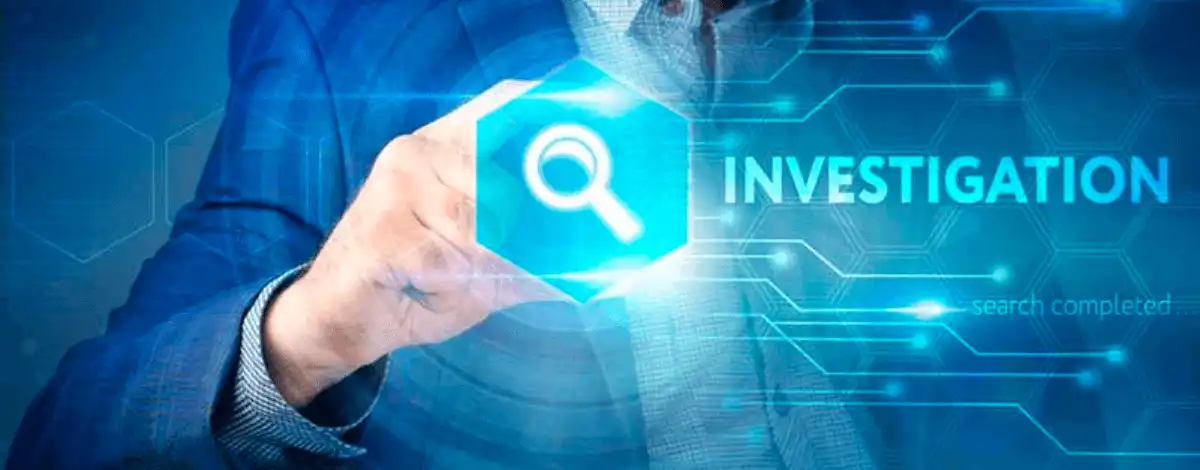

Being in the industry for more than 20 years, Bond Investigations has established a strong reputation in the private investigation domain.

Our team is composed of dedicated, licensed investigators who have the skills, training, and experience to work on any private and corporate case.

We are driven by our commitment to obtain answers, information, and evidence, helping clients find out the truth about any matter.













The cost of hiring a private investigator in Tampa varies based on factors like the complexity of the case, the services needed, and the investigator’s experience. It’s advisable to inquire directly with agencies for specific pricing details.
Becoming a private investigator in Tampa involves meeting the state’s licensing requirements, which often include obtaining relevant education, accumulating work experience, and passing a licensing exam.
To obtain a private investigator license in Tampa, individuals generally need to fulfill the state’s requirements, which often include completing requisite education or work experience and passing a licensing examination administered by the Tampa DPS.
Licensed private investigators in Tampa can conduct various investigative activities, including surveillance, background checks, locating individuals, and gathering evidence, within the boundaries of state laws and regulations.
Private investigations can clear doubts, resolve suspicions affecting businesses or relationships, and provide peace of mind through revealing the truth.
Private investigators in Tampa offer a range of services including surveillance, background checks, locating missing persons, infidelity investigations, and more.
If you require discreet, professional assistance with personal or legal matters such as uncovering information, surveillance, or validating suspicions, a private investigator could help.
Yes, Tampa requires private investigators to be licensed through the Tampa Department of Public Safety.
Costs vary based on the services needed, complexity of the case, and time required. Most investigators offer free initial consultations to discuss rates and expectations.
The duration depends on the complexity of the case. Investigators will provide an estimated timeline during the consultation phase.
Yes, if obtained legally and following proper protocols, evidence gathered by a licensed investigator can be admissible in court.
Yes, they have access to certain databases and records legally as per state laws.
Yes, private investigators work on cases related to personal, legal, or corporate matters.
Discretion is a cornerstone of their profession. They operate within strict confidentiality guidelines to protect their clients’ privacy.
Be prepared to discuss details about your case, including names, addresses, relevant dates, and any supporting documentation you may have.
Experience levels vary, but it’s crucial to inquire about an investigator’s background, credentials, and years of experience before hiring.
They are obligated to report any illegal activities they uncover to the appropriate authorities.
Yes, they often provide periodic updates to keep clients informed about the progress of their case.
Yes, licensed private investigators can testify in court regarding the findings of their investigations.
Check their license, review their testimonials, ask for referrals, and inquire about their professional affiliations.
Yes, most investigators offer confidential consultations to discuss your concerns and determine the best course of action.